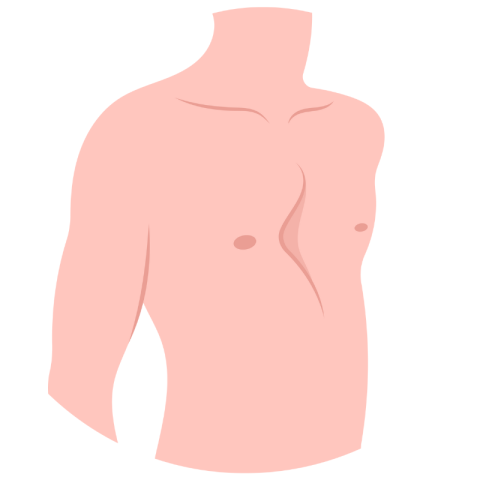Expert care for chest wall differences
Connecticut Children’s Center for Chest Wall Deformities provides expert evaluation and treatment for children and teens with chest wall abnormalities such as pectus excavatum (sunken chest), pectus carinatum (pigeon chest) and other structural differences in the chest wall.
Our pediatric surgery team uses the latest evidence-based guidelines and a family-centered approach to guide your child’s treatment from diagnosis through recovery. Care is available in Hartford, Danbury and Westport, CT.


